The Valley of Flowers National Park, an enthralling place in the Himalayas of Uttarakhand, India, is a UNESCO World Heritage Site boasting rich and diverse flora. Over 600 species of flowering plants with a few rare and endangered species can be found in the park, which is spread over nearly 71,210 hectares of great vistas of snow-capped mountains, lush meadows, and clear streams. Besides, there is much wildlife, like the snow leopard and the blue sheep, so that such a destination is a hotspot for the nature lover, the trekker, and the photographer aiming to capture its unparalleled beauty.
Location
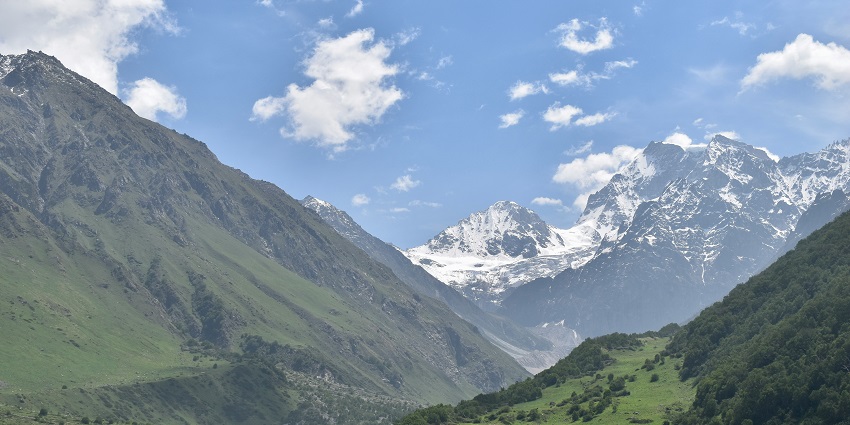
Photo: Hammad Siddiqui / Unsplash / Image For Representation Only
Valley of Flowers National Park is located in the Chamoli district in the state of Uttarakhand, India. This beautiful park lies on the western Himalayas and covers an approximate area of 71,210 hectares. The closest major town to the park is Joshimath, which serves as a base for trekkers going to the valley. It is situated at an elevation of between 3,600 and 7,400 metres and features a great array of flora and fauna against the backdrop of snow-capped peaks.
Suggested Read: Discover The Monastery In Mussoorie
How To Reach
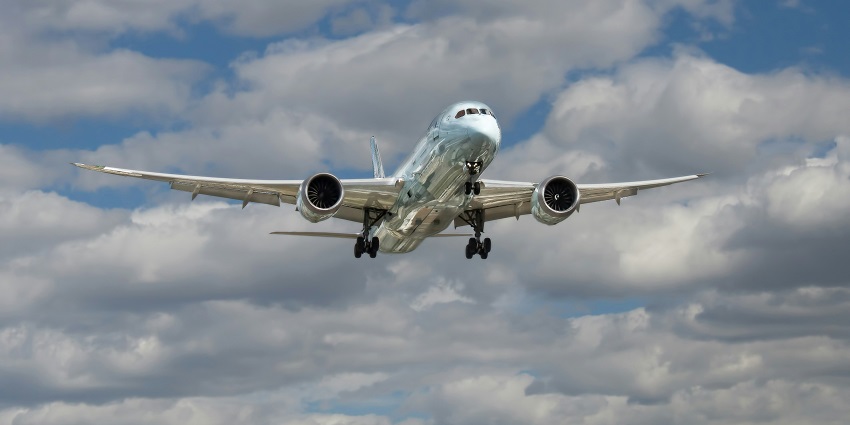
Photo: John McArthur / Unsplash / Image For Representation Only
By Rail: The nearest railway station is Haridwar, located about 274 kilometres from the park. From Haridwar, one can take a train to Joshimath, the nearest major town.
By Road: The journey by road to Joshimath can be undertaken from major cities like Haridwar and Rishikesh. Private taxis and buses are available, making the route accessible for travellers. The distance from Haridwar to Joshimath is around 276 kilometres, which takes about 10-12 hours depending on road conditions.
By Air: The nearest airport in Dehradun’s Jolly Grant Airport, situated approximately 315 kilometres away. From the airport, travellers can hire a taxi or take a bus to reach Joshimath.
Places To Visit Near Valley Of Flowers National Park
From Auli to Badrinath, there are many scenic places near the Valley of Flowers National Park that you should explore.
1. Auli
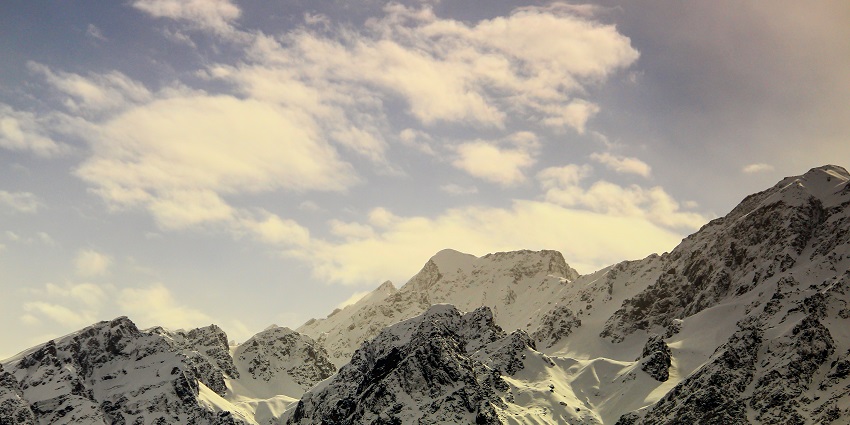
Auli is a picturesque hill station located about 16 kilometres from the Valley of Flowers. Known for its stunning vistas, Auli is a popular destination for skiing enthusiasts and adventure seekers. The area is surrounded by majestic peaks, including Nanda Devi, and is home to one of Asia’s longest cable cars. In winter, it transforms into a snow-covered paradise, attracting visitors for skiing and snowboarding. In summer, the meadows bloom with wildflowers, providing breathtaking views and opportunities for trekking. Auli’s serene environment, coupled with activities like skiing, makes it an ideal getaway for nature lovers and adventure enthusiasts alike.
Location: 16 km from Valley of Flowers
Entry Fees: Varies for skiing activities; around ₹500 for the cable car
Timings: Open year-round; skiing season typically runs from December to March
Suggested Read: Discover Top Things To Do In Kedarnath
2. Badrinath
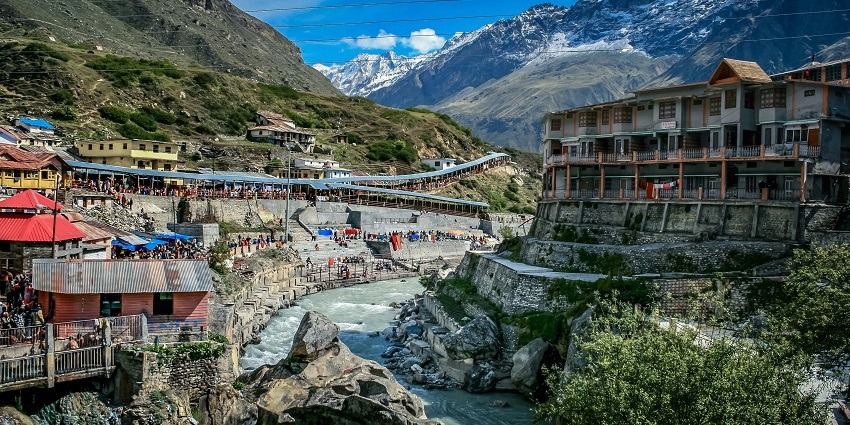
Badrinath is one of the Char Dham pilgrimage sites and is located approximately 25 kilometres from the Valley of Flowers. This revered shrine dedicated to Lord Vishnu attracts thousands of pilgrims and tourists annually. The temple, situated at an altitude of 3,133 metres, is surrounded by the majestic peaks of the Himalayas, creating a spiritual and serene atmosphere. Visitors can explore the temple complex, which features intricately carved statues and a holy water tank called Tapt Kund. Badrinath is not only a place of worship but also offers stunning landscapes and opportunities for trekking in the surrounding region.
Location: 25 km from Valley of Flowers
Entry Fees: Free, but donations are welcomed
Timings: April to November, with specific timings for rituals
3. Hemkund Sahib
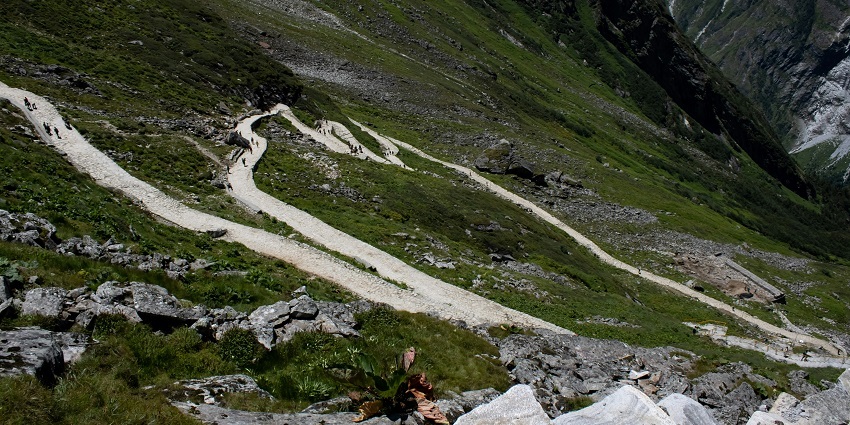
Photo: Swapnil Modak / Unsplash
Hemkund Sahib is a sacred Sikh pilgrimage site located about 6 kilometres from Ghangaria, the base for the Valley of Flowers trek. Nestled at an elevation of 4,632 metres, it features a striking lake surrounded by snow-capped mountains and lush green meadows. The temple, dedicated to Guru Gobind Singh, attracts devotees and trekkers alike, offering a unique blend of spirituality and natural beauty. The trek to Hemkund is challenging but rewarding, providing stunning views along the way. Visitors can also witness the mesmerising reflections of the mountains in the lake, making it a perfect spot for photography and meditation.
Location: 6 km from Ghangaria
Entry Fees: Free
Timings: May to October; best visited during daylight hours
Suggested Read: Things To Do In Haridwar For A Spiritual Retreat In Uttarakhand
4. Ghangaria
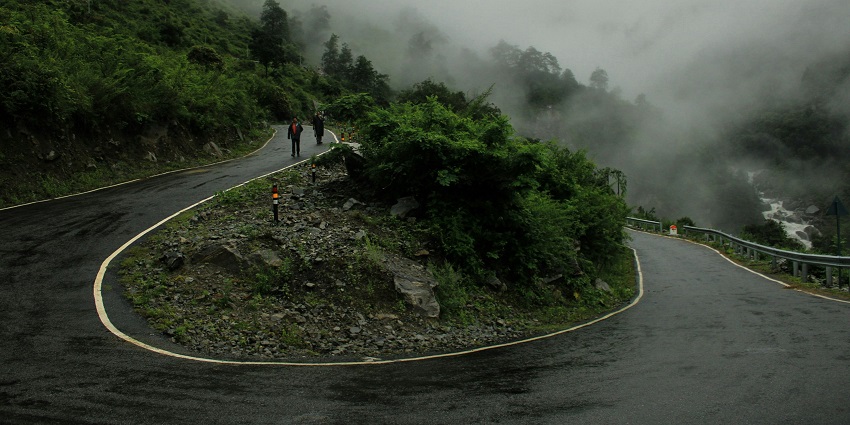
Photo: Swapnil Modak / Unsplash
Ghangaria is a small village serving as the base camp for trekkers heading to the Valley of Flowers and Hemkund Sahib. Located at an altitude of about 3,050 metres, it provides essential accommodations and dining options for travellers. The village is surrounded by breathtaking scenery, including lush forests and waterfalls. Ghangaria’s hospitality and local culture provide a glimpse into the lives of the people in this remote Himalayan region. From here, visitors can easily access the trails leading to both the Valley of Flowers and Hemkund Sahib, making it a crucial hub for adventure seekers.
Location: 13 km from Govindghat
Entry Fees: NIL
Timings: Accessible year-round, but accommodations may vary by season
5. Joshimath
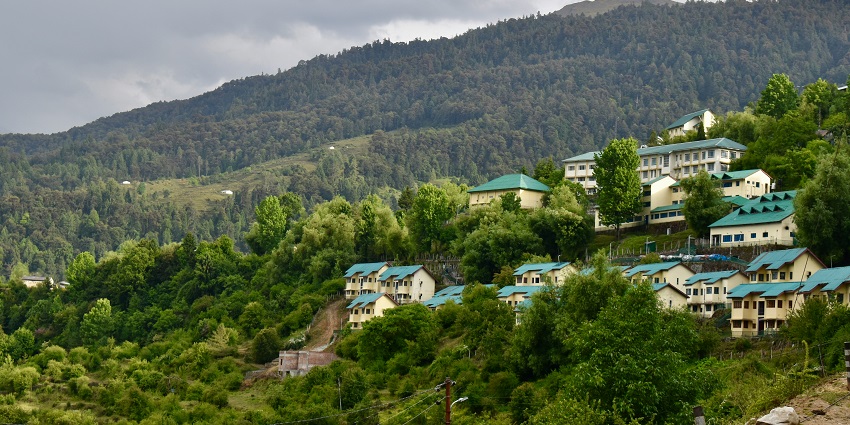
Photo: Abhidev Vaishnav / Unsplash
Joshimath is a significant town located approximately 25 kilometres from the Valley of Flowers and serves as an important gateway for travellers heading to the region. This picturesque town is not only a base for trekkers but also a religious hub, housing ancient temples like the Narasimha Temple. With stunning views of the surrounding mountains, Joshimath offers a variety of accommodations and eateries. The town also provides access to the Auli ski resort, making it a year-round destination for adventure and spirituality. Visitors can explore local markets, try traditional food, and soak in the tranquil atmosphere that defines Joshimath.
Location: 25 km from Valley of Flowers
Entry Fees: No entry fee
Timings: Open year-round; best visited during daylight hours
Suggested Read: Temples In Ramnagar For A Blissful And Spiritual Experience
Where To Stay

Photo: Alex Tyson / Unsplash / Image For Representation Only
Accommodation options around Valley of Flowers National Park cater to various budgets, primarily concentrated in Ghangaria, the base camp for trekkers. Ghangaria features guesthouses like Himalayan Abode and Shanti Lodge, offering basic amenities and a cosy atmosphere. In Govindghat, you can find lodges such as Hotel Bhagat, which provides comfortable stays with river views. Joshimath also offers a wider range of options, from budget hotels to mid-range accommodations like Aryam Resort, perfect for those wanting more comfort before or after their trek.
Where To Eat

Photo: Engin Akyurt / Pexels / Image For Representation Only
Dining options near Valley of Flowers are quite limited but satisfy basic needs for trekkers. In Ghangaria, local eateries serve vegetarian meals, with staples like dal, rice, and simple curries being popular. The Bhandari Restaurant is well-known among visitors for its hearty meals. In Govindghat, there are several small eateries where you can grab a quick meal before heading out on your trek. For a wider variety, Joshimath offers more options, including north Indian cuisine and snacks that cater to diverse tastes.
Suggested Read: Temples In Uttarakhand For A Blissful And Spiritual Experience
Best Time To Visit
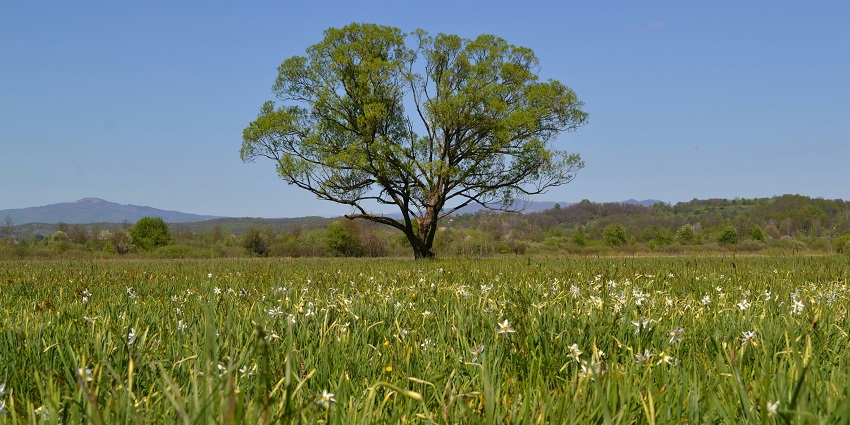
Photo: Eugene / Unsplash / Image For Representation Only
The period to visit the Valley of Flowers is during the time from mid-July to mid-August. During this time, this valley turns into a full-coloured wonderland when different flowers bloom. It looks beautiful as the weather during this time is tolerable, though sometimes it may drop at night.
Other Factors To Consider

Photo: Rana Sawalha / Unsplash / Image For Representation Only
Average Cost Of The Trip
The park charges an entry fee of approximately ₹150 for Indian citizens and ₹600 for foreign nationals, which may vary, so check beforehand.
Tips For Travellers
- The trek can be challenging, so wear good trekking shoes and carry a daypack with essentials like water, snacks, and first-aid supplies.
- Be ready for sudden weather changes; pack extra warm clothes and rain gear.
- Due to the popularity of the area, it’s wise to book your stay in advance, especially during peak season.
- ATMs are not available in Ghangaria or the valley, so carry sufficient cash for your expenses.
- Follow eco-friendly practices. Carry your trash back with you to help preserve the pristine environment of the park.
Suggested Read: Best Things To Do In Haldwani For A Memorable And Unforgettable Experience
The Valley of Flowers National Park is a true gem of nature, offering breathtaking landscapes and an opportunity to connect with the pristine beauty of the Himalayas. Plan your trip with TripXL, and prepare to be mesmerised by the floral wonderland that awaits you.This enchanting destination not only showcases the rich biodiversity of the region but also offers a peaceful escape from the hustle and bustle of everyday life.
Cover Photo: Alosh Bennett / Wikimedia Commons


 WhatsApp
WhatsApp
 Twitter
Twitter









